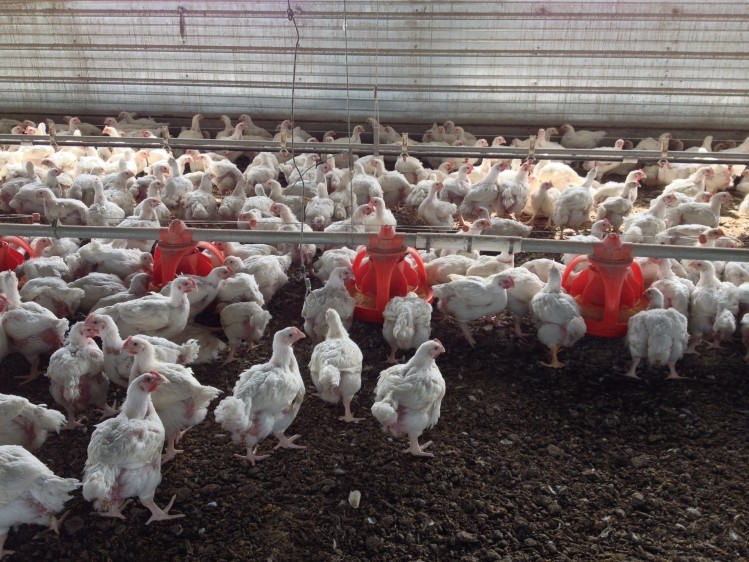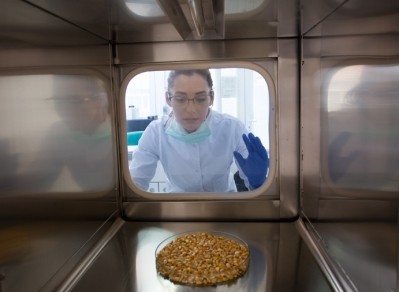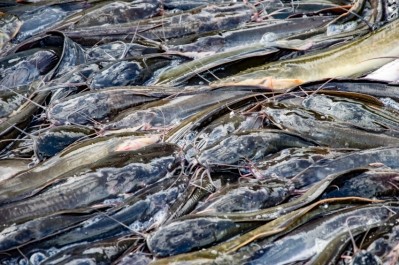Series E funding drive raises $20.4m, supports efforts toward commercialization: Agrivida

The agri-tech company’s series E funding drive closed earlier this month and generated $20.4, the company said.
The fund raising efforts market a continued move in the company’s work on biofuel toward the animal feed additive market, said Dan Meagher, company CEO. “I look at it as a sort of a series B round, because the first, on series D, was the pivot to animal nutrition,” he added.
The GraINzyme Phytase additives are set to be released in early 2017, initially as an additive for poultry feed throughout production, he said. However, plans are underway to expand usage into swine diets.
The initial release will be in the US market, but there is the potential to expand into markets in South America, Asia and Europe in the long-term, he said. Other longer-term efforts are focused on expanding products for the production of dairy and beef cattle.
“The first raise gets us to the end of this year, and this raise gives us more flexibility to continue negations on commercial partners to take the product to the market place,” he told FeedNavigator. “We’ll have the first product to sell as we go into 2017, and that will be the first movement toward revenue.”
The company started with a focus on commercializing the phytase additive because it is already widely used in monogastric animal production, said Meagher. “Phytase is fed into 90% of the monogastric animals are feeding some level of phytase, we felt there continued to be a push and opinion that you should be feeding it at a higher level,” he added.
The new technology should allow producers to ask if the optimal level of phytase inclusion in a diet has been found, he said.
Poultry additive
The company has been working to develop GraINzyme as a product to be used as a low-inclusion additive mixed into poultry feed, said Meagher.
“We’re looking to find a value proposition of feeding the enzymes at a higher level and creating a next generation of feed efficiency on meat, milk and eggs,” he said.
The phytase product is intended to allow producers to raise the amount of the enzyme they can add to broiler diets without additional expense, he said.
The company is currently working on research trials using the product, said Meagher. However, initial regulatory trials to demonstrate safety and efficacy have been completed.
Once the regulatory approval is received, the company will be speaking with groups including end users and nutritionists to gather input on use and data generated, he said.
Enzyme production
The company has the ability to generate the enzyme in corn, rather than needing to ferment it, said Meagher.
In the past use of phytase in poultry diets has been limited by product cost, he said. The new technique aims to reduce that limitation.
“We’re expressing the enzymes in corn, and the corn is being produced and fed into the animal sector,” he said. “It’s a little bit of a unique delivery sector – we have rights to do this. It will be the first enzyme brought to the food producer through corn.”
The company grows its enzyme-rich corn in a closed-loop system, said Meagher. “There’s a lower cost to production to produce the enzyme,” he added.
It is similar to traditionally generated enzymes, he said. But the company also is exploring how the thermal stability compares.
“As far as where we see things, we see value in dosing at higher values than what we see out there today,” he said. Tests need to be replicated for verification before additional details are released, he added.












